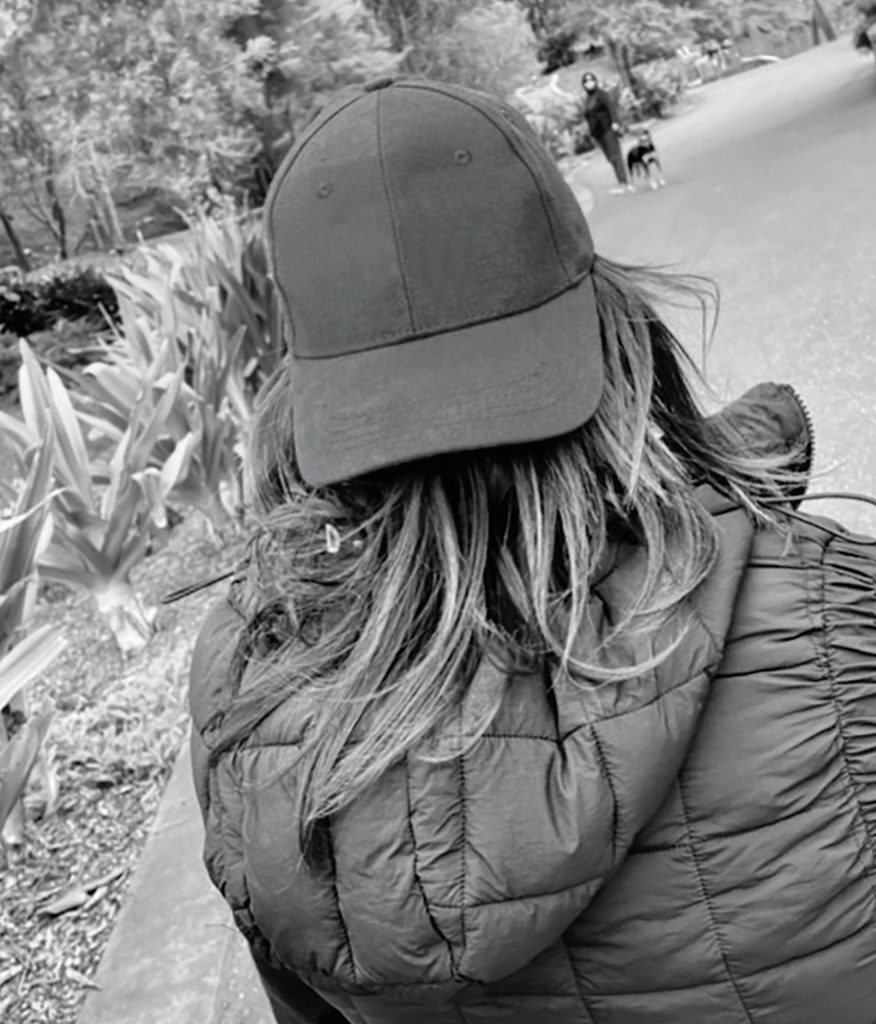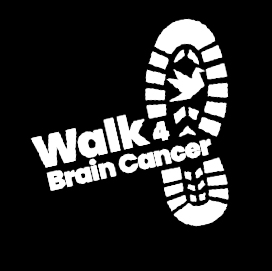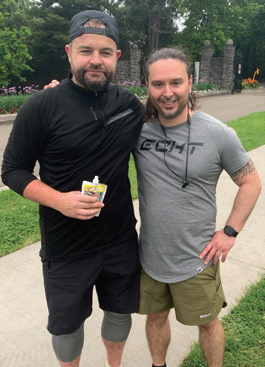Doing It For Dad
When Roseanne and her siblings lost their dad suddenly to cancer, they made their mission to raise awareness and money with the hope that one day, a cure can be found.
Frank Messina was 13 when his family immigrated from Italy to Australia, settling in Springvale and eventually moving to Mulgrave. He began working at a young age, first doing factory work before moving into building and concrete, then specialising in injection moulding. At 65, he was able to retire and devote himself to his passions: fishing, cooking, visiting his holiday house in St Leonards, and most of all, spending time with family and friends. Those closest to Frank describe him as bubbly, funny, stubborn at times, but above all a family man and good dad to his three children, Roseanne, Con and Steven.
Frank had always been fit and active, so it came as a shock to the family to learn in March this year that the 76-year-old had a deadly brain form of brain cancer, known as glioblastoma multiforme. There was little warning before the diagnosis beyond some subtle personality changes, yet the aggressive stage four cancer claimed Frank’s life less than two months later.
“Look into it, don’t dismiss it.”
Roseanne, Frank’s eldest child, had noticed in the months leading up to the diagnosis that her dad was showing signs of mild personality changes. She describes him as being more short-tempered than normal and “unfiltered,” speaking his mind without his usual thoughtfulness toward others. Now she has an important message for everyone: “If someone is acting out of character, look into it. Don’t dismiss it.”
Frank’s diagnosis came when these personality changes became more pronounced and he seemed to show signs of confusion. At first his children put it down to early dementia, or even depression after his wife, Christine, died suddenly while on holiday in 2018. However, after a strange phone call one night, Roseanne called the doctor, who advised her to take her dad down to the hospital for a check-up.
As they waited to be seen, Frank’s condition deteriorated quickly: doctors later described his behaviour as a state of delirium. He reverted to his native tongue, speaking only Italian, and became hostile, badgering other patients in the waiting room. Then came the news that would send shockwaves through the family: Frank had four sizeable tumours in his brain.
From there, life became a whirlwind of appointments, biopsies and tests. It was confirmed that Frank was suffering from stage four glioblastoma, an aggressive brain cancer with a very low survival rate. The disease was spreading so fast that there was simply no time to form a treatment plan; Roseanne describes discussing options one day, only to face new developments in his condition the next. Ultimately, they could only make him comfortable as he slipped away. After eight weeks of sharing intensive round-the-clock care, the family farewelled Frank Messina. It was only then that they were able to begin to process what had happened and start to heal.




Walking for a cure
Before this experience, Roseanne had never heard of glioblastoma. It is a rare cancer, and as such attracts little funding for research or treatment trials. Roseanne has become passionate about raising awareness so that people know what signs to look out for in themselves and loved ones, with the hope that earlier diagnosis can lead to earlier treatment and longer survival rates. With more research, one day there might even be a cure available. That’s why she and her siblings teamed up with the Cure Brain Cancer Foundation to host a special walk, in honour of their beloved dad.
Walk4BrainCancer is a fundraising and awareness movement that allows people to form a team, set a walking course, and start campaigning. Ordinarily participants would encourage their community to get involved and walk alongside them, but due to covid restrictions, Roseanne and her family each buddied up with one other person to walk within their five-kilometre radius at the time. They set a modest goal to raise $500 and walk a total of 25 kilometres on September 26th, 2021.
What the family didn’t count on was the huge community response they received. It soon became clear that they were not only going to reach their goal but hit it right out of the park. They ended up raising an incredible $10,813 for the cancer charity. On one of their fundraising days, an anonymous donor lent a helping hand, matching donations as they came in. Meanwhile their friend Lisa, who runs local business Elixir Natural Candles, supported them by donating $2 from the sale of every candle during the event, raising a further $130.
Onwards and upwards
Blown away by the support they received, Frank’s family are planning to come back and do it all again bigger and better in 2022. With hopes that life will have returned to ‘covid normal,’ Roseanne says they hope to host a big fundraising event alongside the walk, which will be a whopping 50 kilometres next time around. Their ambitious target for 2022 is to raise $15,000 while they continue to share their story and educate others about rare and serious brain cancers.
You can donate online at https://walk4braincancer.com.au/
What is glioblastoma multiforme?
Astrocytes are cells found in the brain and spinal cord. When they develop into cancer cells, they are called astrocytomas. Glioblastoma multiforme is the most serious and deadly grade of astrocytoma. Once diagnosed, only 25% of patients survive beyond the first year, and just 5% will live longer than five years from diagnosis.
What treatments are available?
Because glioblastoma tumours spread into healthy brain tissue, it is very difficult to treat effectively. Surgery can help reduce the size of the tumours but can’t safely remove all affected cells. Radiation and chemotherapy are commonly used to help slow the progression of the disease and improve symptoms. However, it is generally not possible to cure. Palliative care involves making the patient as comfortable as possible by managing their pain and symptoms.
What are the signs and symptoms?
Glioblastoma grows quickly, and by the time it is detected, it is usually quite advanced. Symptoms are typically caused by the tumours putting pressure on the brain and can include:
- Personality and mood changes
- Confusion and trouble thinking
- Headaches
- Double or blurred vision
- Trouble speaking
- Seizures
- Vomiting
If you notice these symptoms in yourself or a loved one, seek medical attention to determine the cause.
